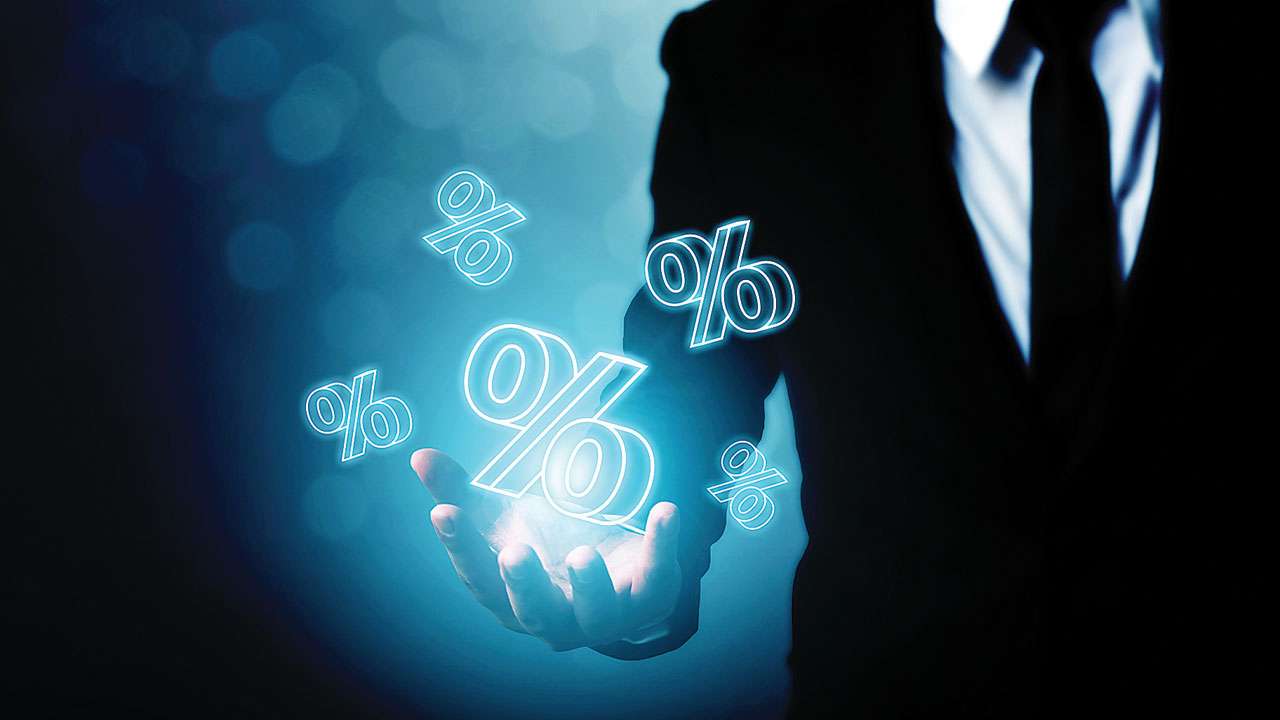
"The news about the budget fizzled out so quickly," she said.
"Oh yes," I replied. "With so many things demanding attention, people move on very quickly these days."
"And what do you think about the Reserve Bank of India (RBI) cutting the repo rate from 6.5% to 6.25%?"
"What about it?"
"Will it lead to banks cutting interest rates?"
"Before I get into that, what is the repo rate?"
"Ah, there you go again," she said. "Testing me as usual."
"Come on, humor me."
"Repo rate is the interest rate at which the RBI lends to banks."
"Right. And why has the RBI cut the repo rate?"
"Simply because inflation has been low. In December 2018, it was at 2.19%, an 18-month low."
"Right. And what is the link between inflation and interest rates?"
"Inflation is basically the rate at which prices rise. If people are buying more goods and services, prices tend to rise, because the demand goes up quickly, while the supply doesn't. In this case, in order to slow down demand, the central bank raises the repo rate, in the hope that people will borrow and spend less, and this will push down demand, and hence, inflation will fall."
"Excellent. You have turned into a proper economist."
"Along similar lines, when inflation cools, the central bank goes easy on the repo rate, and slashes it; which is precisely what the RBI has done."
"Good. So, what happens now?" I asked.
"With the RBI cutting the repo rate, banks will cut interest rates on their deposits and in turn on their loans, and this will lead to higher borrowing and spending. This will pump up the economy," she explained.
"This is where you stop being an economist and become a politician."
"As in?"
"All politicians ever want is that the central bank cut the repo rate. No politician ever talks about the central bank raising interest rates."
"Hmmm."
"There are two things here. Inflation has been low primarily because food prices have been falling. And there is nothing the RBI can do about that. In fact, if you look at non-food non-fuel inflation, it is close to 5.5%, which is slightly on the higher side."
"And the second thing?" she asked.
"A repo rate cut is at best an indicator by the RBI that it expects interest rates to come down in the days to come."
"But that may or may not be the case?"
"Yes. It depends on how banks are placed individually."
"Which means what V?"
"It basically means that banks raise deposits to give out as loans. If they are giving out more or less all the deposits that they have as loans, after meeting the regulatory requirements, then they need more deposits in order to continue giving out loans. In this scenario, they will have to raise interest rates to attract more deposits, irrespective of the signals being sent out by the RBI.
In this scenario, they will have to raise interest rates, irrespective of the signals being sent out by the RBI."
"And how is the situation now?"
"As on January 18, which is the latest data available, the credit deposit ratio of banks was at 77.8%."
"So?" she asked.
"This means that for every Rs 100 raised by a bank as a deposit, nearly Rs 78 had been given out as loans. The banks need to maintain a cash reserve ratio of 4%, which means they need to deposit Rs 4 out of every Rs 100 they raise as deposit, with the RBI. Over and above this, the banks need to maintain a statutory liquidity ratio of 19.25%, which means for every Rs 100 raised as a deposit, banks need to invest Rs 19.25 in government securities of different kinds."
"Hmmm."
"Basically, banks are already stretched when it comes to their deposits. They are virtually lending out almost all of it. In this scenario, chances that banks will lower interest rates on their deposits and in turn, on their loans, are very low. In fact, many banks have raised interest rates on their deposits, in the recent past."
"Is that the case?"
"Pretty much."
"It makes me wonder, why the politicians are still talking about lower interest rates then."
"Well politicians are politicians, they will always talk," I replied.
The example is hypothetical.
(Vivek Kaul is the author of the Easy Money trilogy).